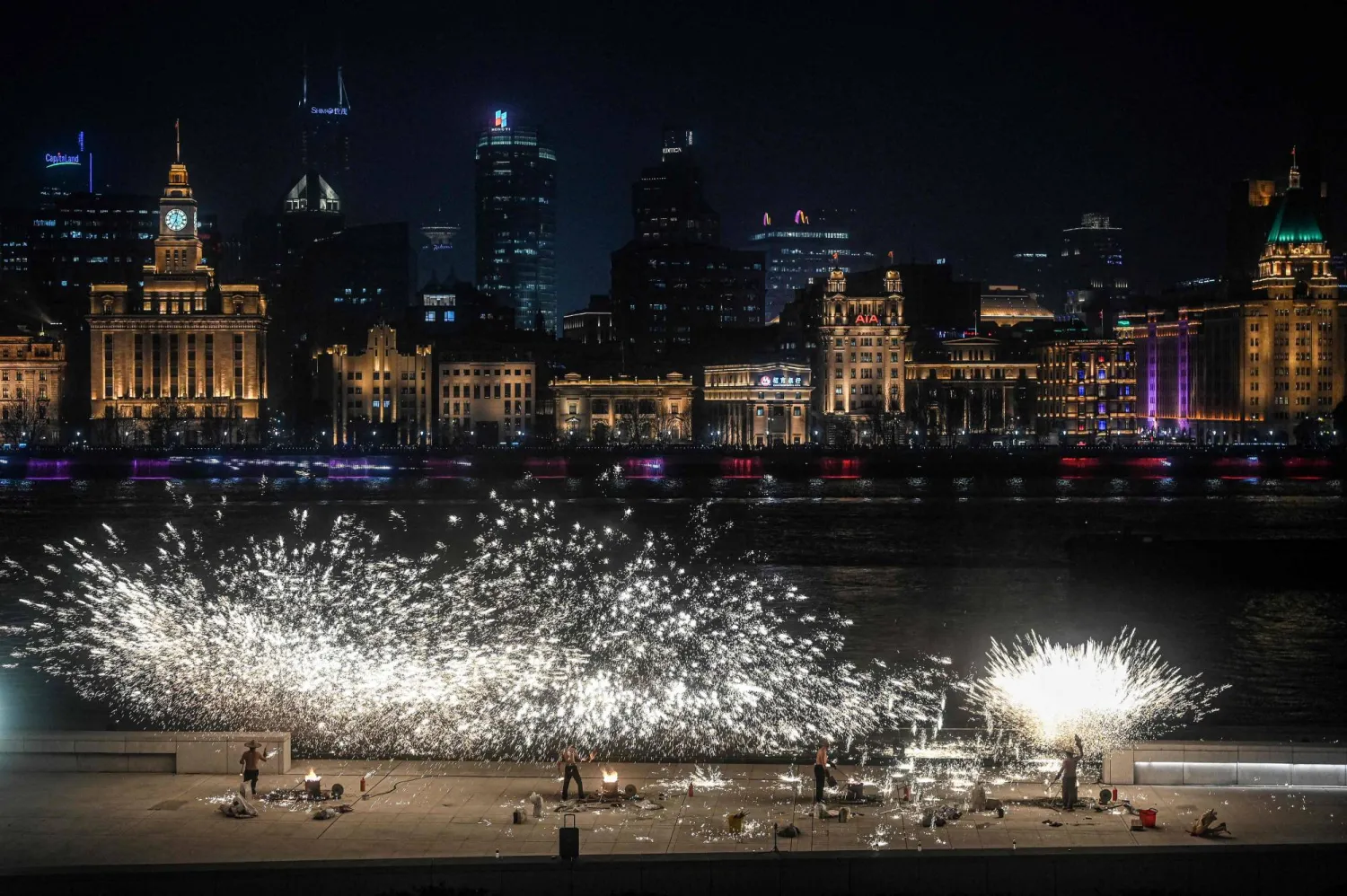The fourth edition of Al Ain Film Festival, scheduled between January 23 and 27 is set to screen 32 short films.
The partaking films are distributed on three categories: Falcon Emriati Film, Falcon Student Films, and Falcon Resident Films, in addition to a primary contest, the Falcon Gulf Feature Film in which participate the GCC countries including Saudi Arabia, Kuwait, UAE, Bahrain, Oman, and Qatar.
Headed by Saudi director Mamdouh Salem, the short films jury is composed of members Mansour al-Zaheri (UAE), and critic Tarek al-Bahar (Bahrain). The jury awards two prizes – the best film, and the jury award - in each of the three categories.
The short films partaking in the festival shed lights on various humanitarian and social causes through drama, comedy, action, and mystery. Fifteen movies partake in the Falcon Emirati Film contest, eight in the Falcon Student film, and nine in the Falcon Residents Film, which hosts filmmakers from Syria, Egypt, Jordan, Algeria, Sudan, Yemen, Pakistan, and Iran.
Al Ain Film Festival seeks to support, develop, and create young filmmakers, in addition to spreading the cinema culture in the UAE and the Gulf region.
Since its beginning, the festival has explored and introduced the best artistic productions and cinema talents in the region. It’s first aim is uniqueness and constant support of young filmmakers and their works.
This year’s edition celebrates the best cinema production from the UAE, the Gulf, and the world, by screening the works of prominent directors and creative talents, and by promoting the upcoming movies set to be screened during the festival.
Al Ain Film Festival has always been eager to appreciate the beauty of cinema and to promote Al Ain city as a tourism destination known for its historic sites and touristic landmarks that reflect the heritage and civilization of the UAE.









